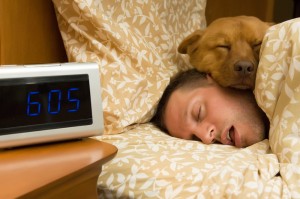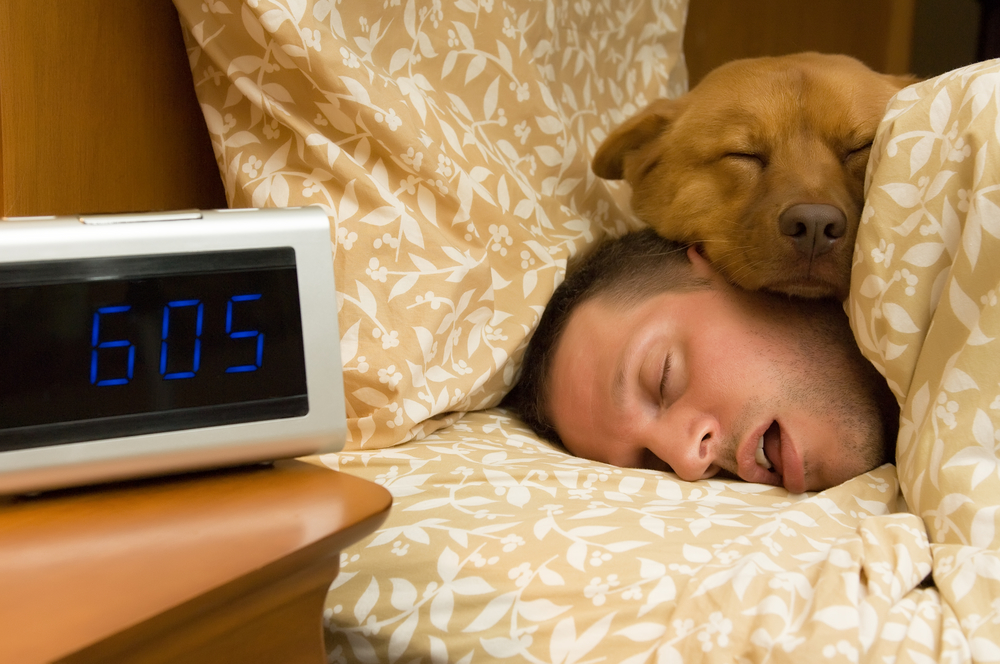Daylight saving time is a good reminder of something most of us already know but are unwilling to admit: We need more sleep.
While the extra hour of daylight can help us feel better about the lost hour of sleep, a longer day and shorter night can work against our daily performance and our health.
It’s not just sleep doctors who preach better sleep habits. Count “getting at least seven hours of sleep a night” among the top recommendations from doctors responding to a recent Everyday Health survey about physician-prescribed new year’s resolutions.

“If there was a way to test everybody on a given day, we would find many of them to be sleepy to some degree,” says Dr. Daniel McNally, medical director of the Sleep Disorders Center at the UConn Health Center. “Think about it. If many of us are sleepy, that means we are not functioning at our highest level. We’re not doing our jobs as well as we can. Kids aren’t performing in school as well as they can. In more severe cases, safety can be jeopardized when this impacts things like driving on our highways. And we know that many chronic health problems when we get older can be traced back to poor sleep habits and years of inadequate sleep.”
There’s no shortage of research linking sleep deprivation to obesity, heart disease, and cancer.
Meantime, the ever-growing prevalence of “smart devices” isn’t helping us make sleep a higher priority.
“We live in an age where we have immediate access to information, and many of us feel as though we need to constantly stay ‘connected,’” McNally says. “But if we’re choosing smartphones, social media, television and the Internet over sleep, it’s hard not to wonder, what good is all this instant information to us? If our brains aren’t rested, how much of this data are we actually absorbing, retaining, and using?”

Here are some tips for better sleep to keep in mind as we spring ahead:
- Establish a consistent bedtime, and an evening routine leading up to it.
- Try to wake up the same time every day.
- Make your bedroom as dark as possible while you sleep.
- Eliminate bedroom distractions like television, computers and smartphones.
- Finish exercise at least three hours before bedtime.
- Avoid caffeine, alcohol and nicotine, especially within four hours of bedtime.
- Naps are short-term fixes and can throw off your body clock when taken in the evening hours.
- Gradually move your bedtime a little earlier in the days approaching the daylight saving time change.
Follow the UConn Health Center on Facebook, Twitter and YouTube.



